Description
ABOUT
Cashew or popularly known as kaju in India, is a pale white nut that is enclosed in a tougher outer nut shell. The nut has a pleasantly sweet flavour and is high in oil content. Cashews can be eaten raw or roasted, and they’re used in a variety of sweet and savoury dishes around the world.
Cashews, while usually referred to as tree nuts and nutritionally similar to them, are actually seeds. This little nut, which resembles a kidney bean, is a nutritious powerhouse. They’ve been linked to a variety of health benefits, including weight loss, better blood sugar control, and a stronger heart.
Cashew nuts are most commonly used to improve the flavour of Indian sweets and traditional dishes. Although its puree is commonly used to make rich, creamy gravies with a distinct flavour, cashew or cashew is also used to garnish a wide range of other foods. Cashew is well-known not just in India, but also throughout the world.
HISTORY OF CASHEW
Anacardium occidentale is a tropical tree that produces cashews. The cashew (Anacardium occidentale L.) is described as the wasteland’s “Gold mine.” Cashew is thought to have been introduced to India from Brazil in the sixteenth century, mostly to prevent soil erosion along the coast. The cashew is a native of Brazil’s northeastern region. During the late 16th century, Portuguese missionaries introduced it to East Africa and India, where it flourished at low heights near the coast. The tree produces wood for products like as shipping crates, boats, and charcoal, as well as a gum that is similar to gum arabic, which is valuable in local economies. The resin found in the fruit’s shells is used as a pesticide and in the making of plastics, as well as in traditional medicine. The cashew apple is utilised in beverages, jams, and jellies in the area, although most cultivation is focused on the valuable seed yield. It was once thought to be a good crop for soil conservation, afforestation, and wasteland development, but it has now gained commercial importance.
SOMETHING ABOUT CASHEW PROCESSING
The curved fruits are first removed and then sun-dried after the cashew apples are gathered by hand. The dried fruits are roasted in some places next to flaming wood, causing the outer shells to burst open and release the caustic resin. The resin burns quickly, emitting fumes that can be harmful to the eyes and skin. The harmful properties of cashews are removed in the modern methods of roasting. The inner shells are then manually cracked open, and the kernels are heated to remove the seed coat.
HOW TO INCLUDE CASHEW IN YOUR DIET
Add some cashews to your shakes, smoothies and enjoy the nutty and creamy flavour.
Cahews, also known as kaju, are a popular ingredient in Indian and other cuisines. Cashews are popular among vegans because these kernals are used to create a range of non-dairy products such as milk, yoghurt, cheese, and more.
Make sweets with them or use them in curries. Both of these dishes would be fantastic.
Add extra nutty flavour in your cakes cookies and muffins by adding few crushed cashews.
Or just grab a few cashews and eat them raw or roasted, easiest way to relish these yummy kernals.
BENEFITS OF HAVING CASHEWS EVERYDAY
One of the main advantages of consuming cashew nuts is that it lowers the risk of cancer. Proanthocyanidins are a type of flavonol that inhibits the growth of tumour cells. Kaju is also high in copper and proanthocyanidins, both of which help to prevent cancer.
If you’re trying to lose weight, eat 3-4 cashews every day to keep your weight in check and get some healthy fats.
Cashews should be consumed in moderation and on a regular basis to avoid blood disorders. Copper is abundant in cashew nuts, and it aids in the removal of free radicals from the body. Iron deficiency, such as anaemia, can be caused by copper insufficiency. As a result, we should consume the necessary amount of copper in our diet.
Cashew might help you avoid stomach problems and aid digestion if you eat it on a regular basis. To keep your stomach healthy, eat two to three cashews every day.
Cashew nuts have a high dietary fibre content. Oleic acid and palmitic acid are two vital dietary fibres that our bodies require. “Because these fibres are not created by our bodies, they must be ingested from outside sources.” Dietary fibres aid digestion, but too much of them can cause bloating and significant gas production in the intestine.

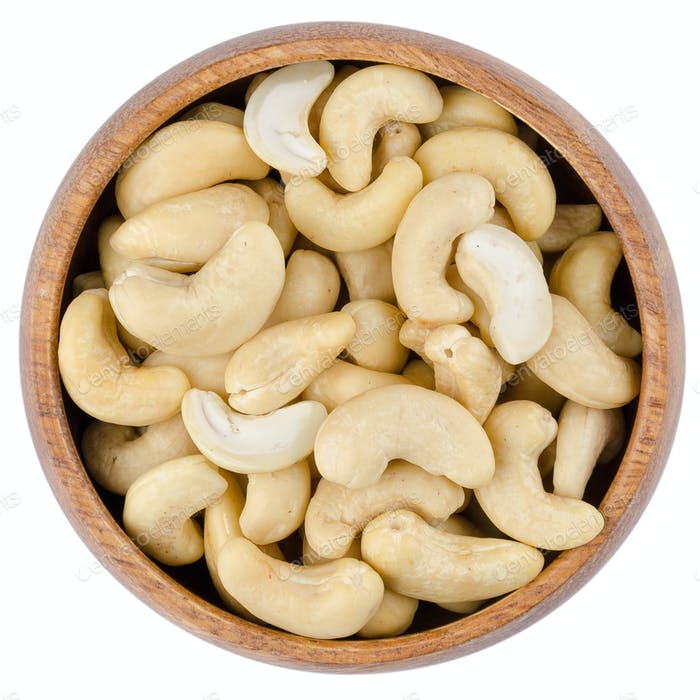

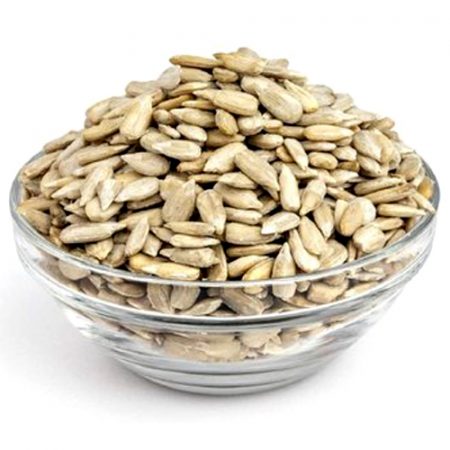
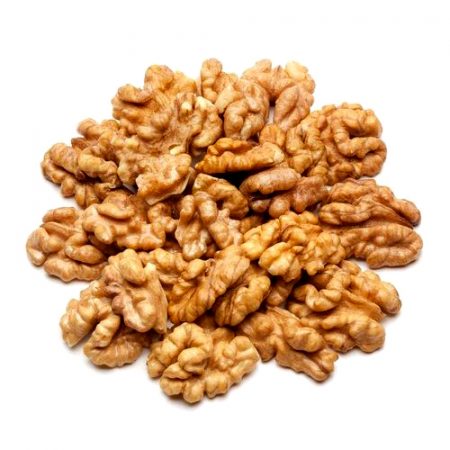
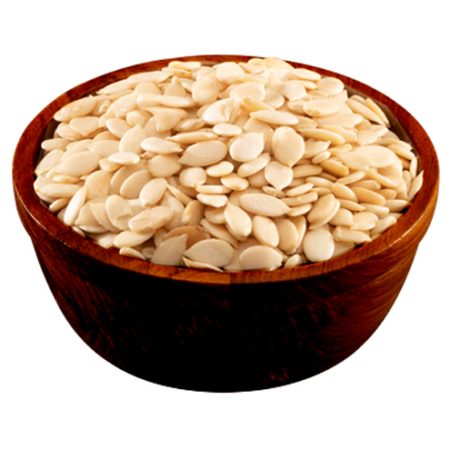
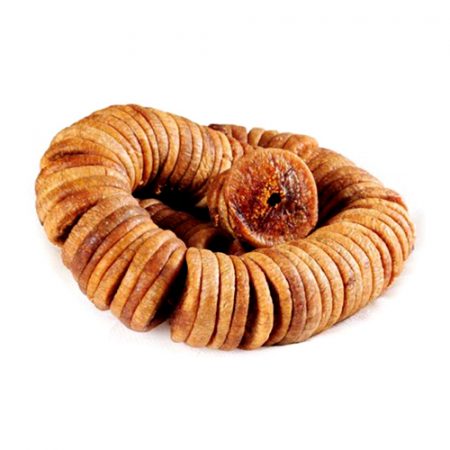
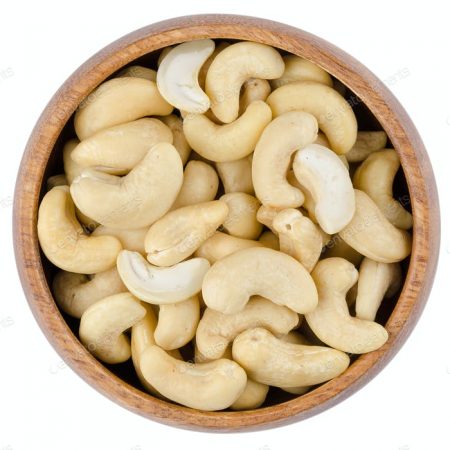
Reviews
There are no reviews yet.